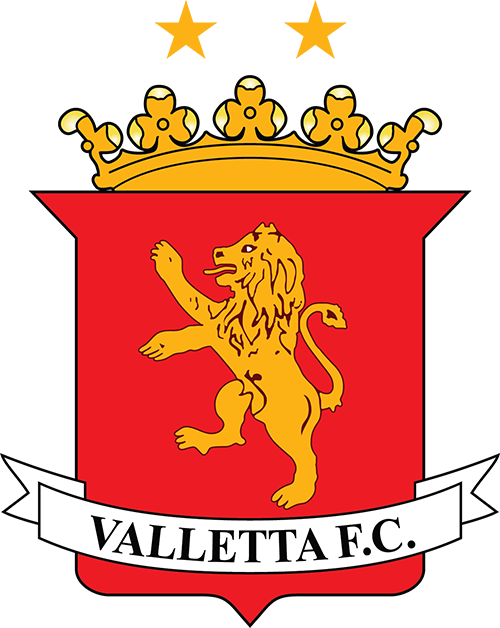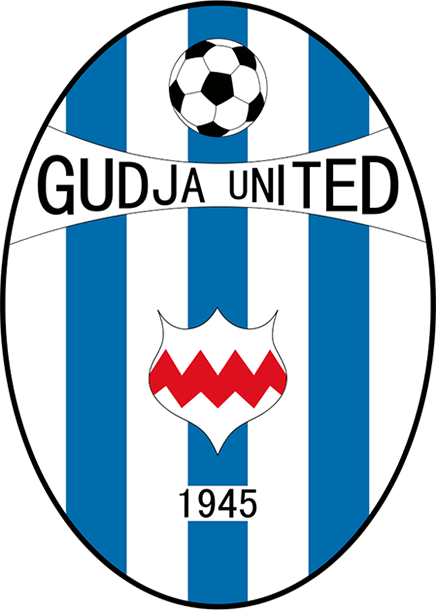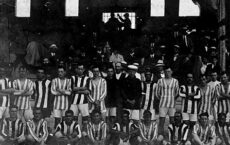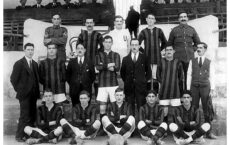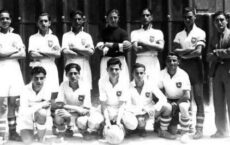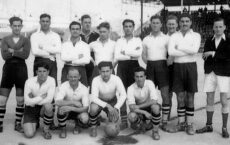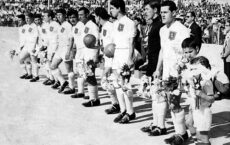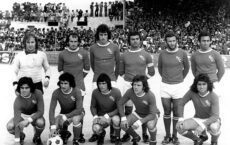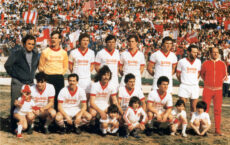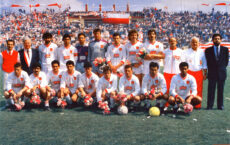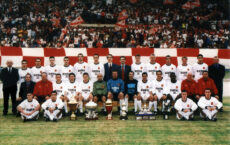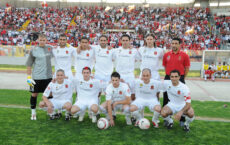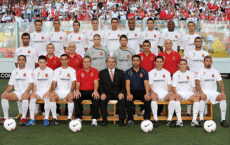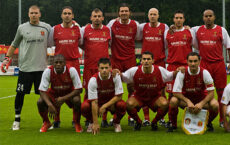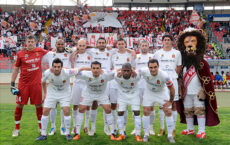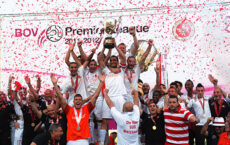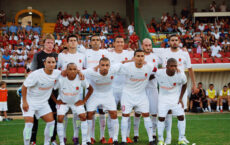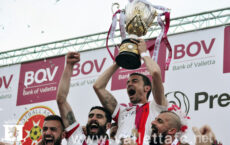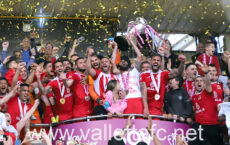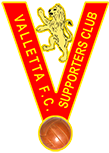1934 – VALLETTA PRESTONS
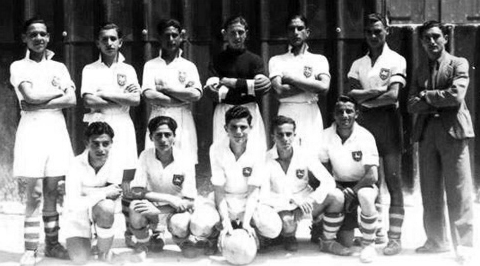
In 1934 a couple of Valletta sportsmen, who were closely following the fortunes of Preston North End, animated by the latter’s prowess in getting back to their proper sphere in the First Division, formed a club of youngsters, which they promptly named Prestons.
As soon as the Club got going, Mr E. Calleja, the promoter, sent a letter to the famous Midland Club, asking them for permission to use their name and colors. The English Club not only consented but also sent complete football gear, two sets of badges and an autographed photograph with their blessing. The name of “Prestons” has now been omitted, but not before it had made history from the lowest ranks of the Minor League right up to the top of the Second Division, being also the winner of the 8th Army Cup.
When soccer was again reorganized, the club was requested by the Malta Football Association to amalgamate with the other Valletta Club, the St.Paul’s F.C. and under the new title of St.Paul – Prestons, but retaining their own colors, won the prestigious Malta Cup in 1943 – 44. The following year the name was finally changed to the much more appropriate Valletta F.C. with results that all football lovers in Malta fully know.
The Prestons’ first season in 1934 – 35 was a quiet one both teams in the Minor League, and Fourth Division just scraped along, but in the following season, they won the Minor League Championship, which they again retained in 1935 – 36, without conceding a goal. That year the fort was guarded by a youngster named Doddy Calleja, who kept his charge intact in 42 friendly and competitive matches for which he received the very rare “goalkeepers” medal’. When he later left the club, his place was taken by “Szabu” Spiteri, who was destined to keep goal for his Club right up to the end of the season. The void left by his sudden departure to the Hibernians has been filled by the return of Doddy Calleja, who thus returned back to his first love.
In 1937 – 38 they went a step further, for, besides again winning the Minor League and Good Conduct Shield, their team in the Fourth Division won promotion to the Third. The following season, with practically the same players they won their 4th Minor League title and also the Third Division Championship and fully justified their subsequent elevation to the Second Division, by winning both League titles and also the first Xmas Cup for Second Division teams, in season 1939 – 40.
In 1942, the Prestons were quickly in harness again and entered the 8th Army Cup Competition. With a practically All-Service side, made up of such well-known players as Spiteri in goal, Demicoli and Portelli at the back, half-backs V.Bonello, J.Mallia, E.Attard and “Baldas” Calleja, and with Lofaro Xerri, Nicholl, Borg “Scotch” Cauchi and Salvinu Schembri in the attack, they won the Cup, beating the very good naval side of the Lascaris, in whose ranks starred Horton, Fox, Curran and Mitchell.
OUTSTANDING MEN
During all these years, under the parental care of Messrs E.Calleja, J.Salinos and C.Caruana many youngsters were launched on their careers from the ranks of the white-shirted Prestons, who were taught to play football to a high degree, their matches against other Minor sides in the League for under 18’s such as Tigers, Melita and Chicago, being all up to the level of the recent Ajax displays.
Besides the two goalkeepers already mentioned, they produced that very clever and clean full-back J.Mallia, who has been outstanding for the League Champions these last two seasons. Half-backs Victor Bonello, E.Attard and D.Borg also owed their origin to the Prestons whilst that popular Floriana wing-half “Dindu” Bartolo played for the Club for many seasons. Lofaro, Depares, Cremona and Xerri are other forwards brought up in the same school, and all played in the same line which was so well led by Oscar Lucas, now a famous dance-band leader.
Many and many others have migrated to other Clubs, but not one on them has been forgotten, and their careers are closely watched by their progenitors.
(This Story was taken from the book A FOOTBALL SAGA by Joe H.Grifiths)










